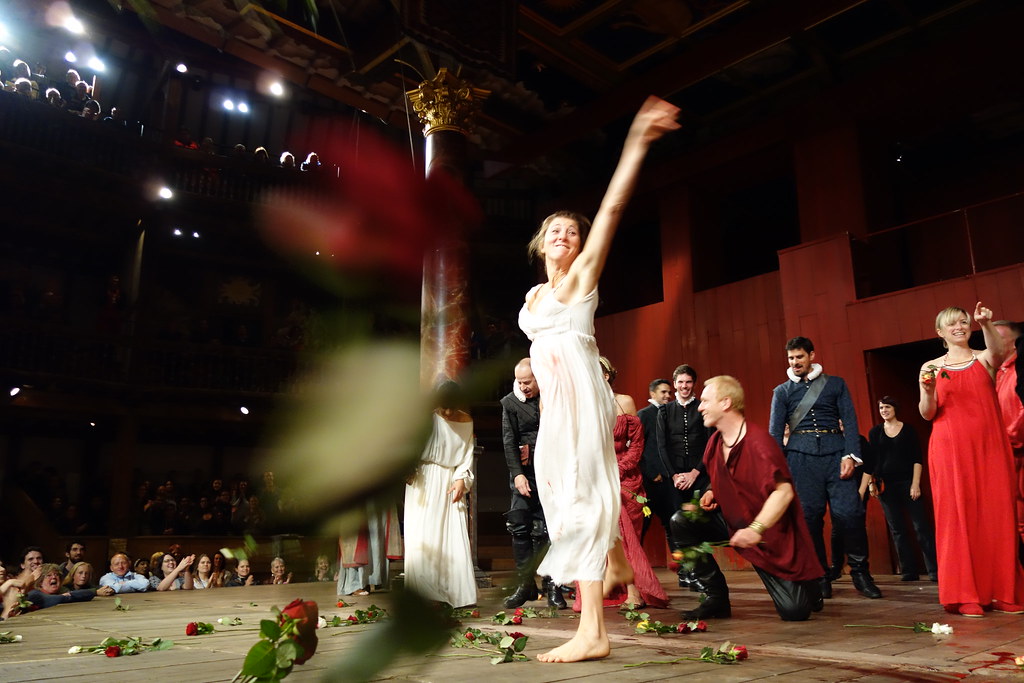 “What do you think about the London riots?” Few questions are as loaded as this. It’s what we think, what we want to think, what we say, what we mean. And then it’s what happened. Because something happened to someone. Alecky Blythe – of London Road acclaim – attempts to unpack meaning and fact by taking the direct approach: verbatim theatre, the words of the people, immediate access to the energy of place and time. Does she succeed? To a degree.
“What do you think about the London riots?” Few questions are as loaded as this. It’s what we think, what we want to think, what we say, what we mean. And then it’s what happened. Because something happened to someone. Alecky Blythe – of London Road acclaim – attempts to unpack meaning and fact by taking the direct approach: verbatim theatre, the words of the people, immediate access to the energy of place and time. Does she succeed? To a degree.
Unsurprisingly, the play exists in intertwined moments: the writer is at the centre of it, facilitator, observer, actor (in every sense of the word: Alecky Blythe plays herself – or rather a writer called Alecky). The play is at its best the closer it stays to the riots and director Joe Hill-Gibbins does a great job capturing those moments with brilliant adrenalised energy and a surprising clarity of thought: the conflict crystallises the argument and the staging – with the auditorium in the round and part of the wall between auditorium and foyer missing – delivers a heart-in-mouth experience. In one scene, two different arguments flare simultaneously, and we are transfixed by the threat of violence. At another time, we find ourselves one block from a burning car, with the sound carrying the action and the crowd overspilling into our space. Much of the action and energy is introduced at the foyer before it is brought into the theatre. I would be quite happy to stay with a drink at the bar for the whole performance to see how it looks on the other side. Continue reading








